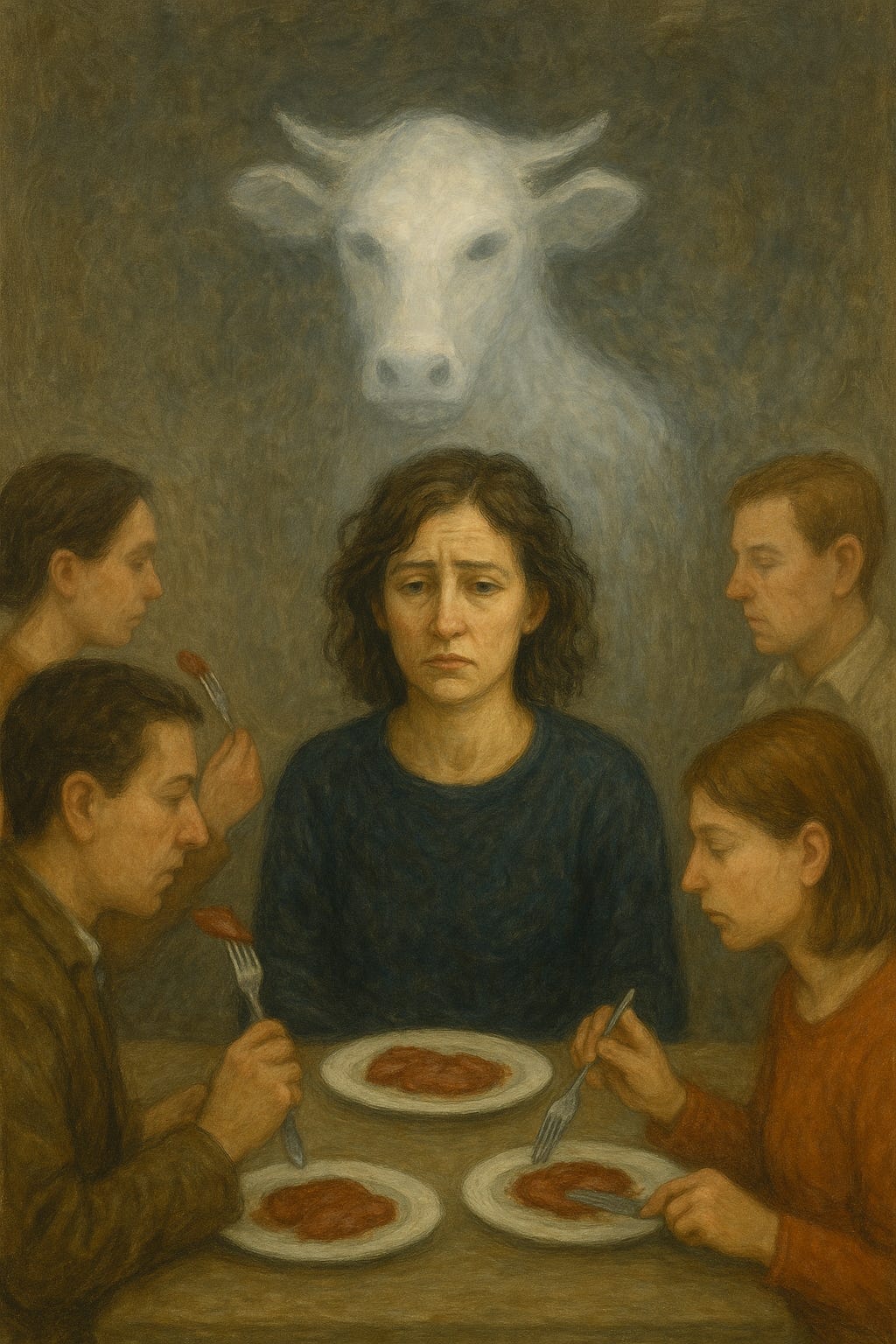CEA is hiring for someone to lead the EA Global program. CEA's three flagship EAG conferences facilitate tens of thousands of highly impactful connections each year that help people build professional relationships, apply for jobs, and make other critical career decisions.
This is a role that comes with a large amount of autonomy, and one that plays a key role in shaping a key piece of the effective altruism community’s landscape.
See more details and apply here!
We’re very excited to announce the following speakers for EA Global: London 2024:
- Rory Stewart (Former MP, Host of The Rest is Politics podcast and Senior Advisor to GiveDirectly) on obstacles and opportunities in making aid agencies more effective.
- Mary Phuong (Research Scientist at DeepMind) on dangerous capability evaluations and responsible scaling.
- Mahi Klosterhalfen (CEO of the Albert Schweitzer Foundation) on combining interventions for maximum impact in farmed animal welfare.
Applications close 19 May. Apply here and find more details on our website, you can also email the EA Global team at hello@eaglobal.org if you have any questions.
Applications are still open for upcoming EA Global conferences in 2024!
• EA Global: London (31 May–2 June) | Application deadline is in ~6 weeks
• EA Global: Boston (1–3 November)
Apply here and find more details on our website, you can also email the team at hello@eaglobal.org if you have any questions.
Want to help CEA improve Swapcard? Swapcard is the networking and scheduling app currently used for EA Global and EAGx events, and their team are asking users for input on new features.
Two of these features are commonly requested by our attendees — calendar synchronization and automatically blocking your schedule if you RSVP for a session.
You can vote for these features to be added or give other feedback at the links below:
Entire Swapcard product roadmap: https://swapcard.notion.site/3ed5acc763e54ce2ad07e7563c0ee9c3?v=3f3b9d52f317449c828e4d4790dbf94d
Calendar synchronization: https://swapcard.notion.site/External-Calendar-Synchronization-a62d85808c45454ca620cdddfa46f791
Automatic schedule blocking: https://swapcard.notion.site/Handle-better-overlapping-of-the-meeting-time-slots-and-sessions-when-requesting-a-meeting-or-bookma-1771ae5e2e1348e981754a6f39913df5
Applications for EA Global: Bay Area 2024 (Global Catastrophic Risks) are still open and close on January 21, at 11:59 pm PT (apply here)!
We’re excited to be hosting our first EA Global focussed on global catastrophic risks (GCRs). We'll be welcoming up to 1000 attendees at the Oakland Marriott City Center and platforming high-quality content related to GCRs, including AI safety, biorisks, nuclear security, and more.
We have limited travel funding available. More information can be found on the event page and EA Global FAQ. If you have any questions, please email us at hello@eaglobal.org!
Applications for EAG Boston are still open (here), and our early bird registration deadline is on August 4th! If you were accepted to EAG Bay Area or London this year, you can register directly within our portal and won't need to apply again.
You can view our other events on our website, including EAGxNYC, EAGxBerlin, EAGxAustralia, and EAGxPhilippines.
If you have any questions, you can reach out to the team at hello@eaglobal.org.




Applications for EAG Boston are still open (here), and our early bird registration deadline is on August 4th! If you were accepted to EAG Bay Area or London this year, you can register directly within our portal and won't need to apply again.
You can view our other events on our website, including EAGxNYC, EAGxBerlin, EAGxAustralia, and EAGxPhilippines.
If you have any questions, you can reach out to the team at hello@eaglobal.org.